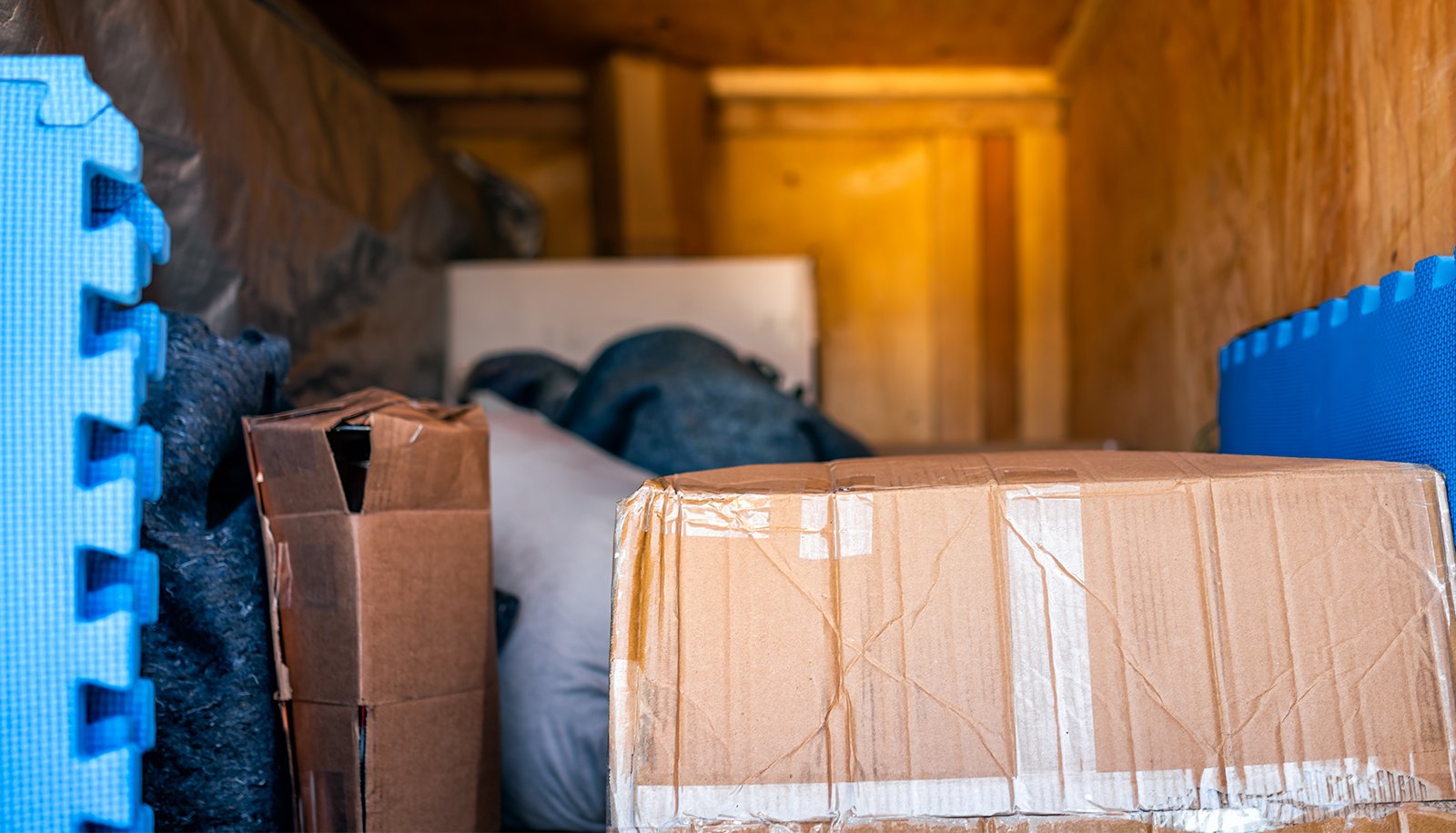In a time when space is at a premium, storage units have become an essential extension of our homes, safeguarding everything from seasonal decorations to valuable heirlooms. Given their importance, it's natural to wonder whether your homeowners insurance extends its protective umbrella over these external vaults of personal property.
Moreover, questions about renters insurance coverage for storage units also arise for those renting their living spaces. This post delves into these questions, providing clarity and guidance.
WHAT DO YOU NEED TO KNOW ABOUT HOMEOWNERS INSURANCE?
Homeowners insurance serves as a safety net, designed to protect your home and the personal property within it from unforeseen damages and losses.
Coverage typically encompasses the structure of your home, personal belongings, liability protection, and additional living expenses if you're temporarily unable to live in your home due to an insured disaster. However, limitations and exclusions apply, particularly concerning high-value items and specific perils.
HOMEOWNERS INSURANCE & STORAGE UNITS: THE CONNECTION
Remarkably, most homeowners insurance policies consider your belongings in a storage unit as "personal property," offering a degree of protection even when they're off your premises. This off-premises personal property coverage usually covers the same disasters as if the items were located within your home.
However, it's crucial to note that this coverage often caps at around 10% of your total personal property coverage limit. For instance, if your policy covers $100,000 in personal property, up to $10,000 might apply to your storage unit items.
SPECIAL CONSIDERATIONS FOR STORAGE UNITS
Before relying on your homeowners policy for storage unit coverage, review your policy details or consult with your insurance agent. Certain high-value items may require additional coverage beyond the standard policy limits. Keeping an updated inventory of your stored items – complete with photographs and receipts – can streamline the claims process should the need arise.
Several critical factors demand attention when ensuring your storage unit contents are adequately covered by your insurance policy. First among these is maintaining up-to-date pictures and documentation of the items stored. This proactive measure not only facilitates the claims process in the event of loss or damage but also helps in accurately assessing the value of your belongings, ensuring you have sufficient coverage.
It's essential to periodically review and update this inventory, especially after adding or removing items from your storage unit. Additionally, it's crucial to understand your insurance policy's specific terms and limitations – such as coverage limits for off-premises items and per-item value caps.
For high-value items that may exceed standard policy limits, consider purchasing additional coverage through endorsements or a separate storage unit insurance policy. By combining thorough documentation with a clear understanding of your insurance policy's scope, you can achieve peace of mind knowing your storage unit contents are well-protected.
DOES RENTERS INSURANCE COVER STORAGE UNITS?
Renters insurance mirrors homeowners insurance in many respects, including providing off-premises coverage for personal property. Thus, if you have renters insurance, your storage unit contents are likely covered against similar perils as in your rented home.
The coverage limit and percentage for off-premises belongings apply here as well, making it important for renters to understand their policy's specifics.
ADDITIONAL STORAGE UNIT COVERAGE OPTIONS
Exploring additional insurance options is wise for those with valuable items that surpass the standard coverage limits. Insurance endorsements or riders can augment your existing policy, offering higher limits or broader coverage terms.
Alternatively, separate storage unit insurance policies are available, specifically designed to protect the full value of your stored possessions.
HOW TO FILE A CLAIM FOR ITEMS IN A STORAGE UNIT
Having prepared in advance will ease the process of filing a claim for items stored in a storage unit.
- Start by notifying your insurance company as soon as possible.
- Provide them with a detailed inventory of affected items, including photographs and purchase receipts.
- Your insurer will guide you through the claims process, including any necessary documentation and next steps.
While homeowners and renters insurance policies typically extend coverage to items stored in storage units, understanding the nuances of your policy is key. Given the limits and conditions that apply, evaluate the value of your stored belongings and consider additional coverage if needed. By protecting your stored items, you can enjoy peace of mind knowing that your treasures, both inside and outside your home, are safeguarded.
If you need help finding the best homeowners insurance coverage for the best price, speak to a SimplyIOA agent at 833.872.4467 or get a homeowners insurance quote online now.










